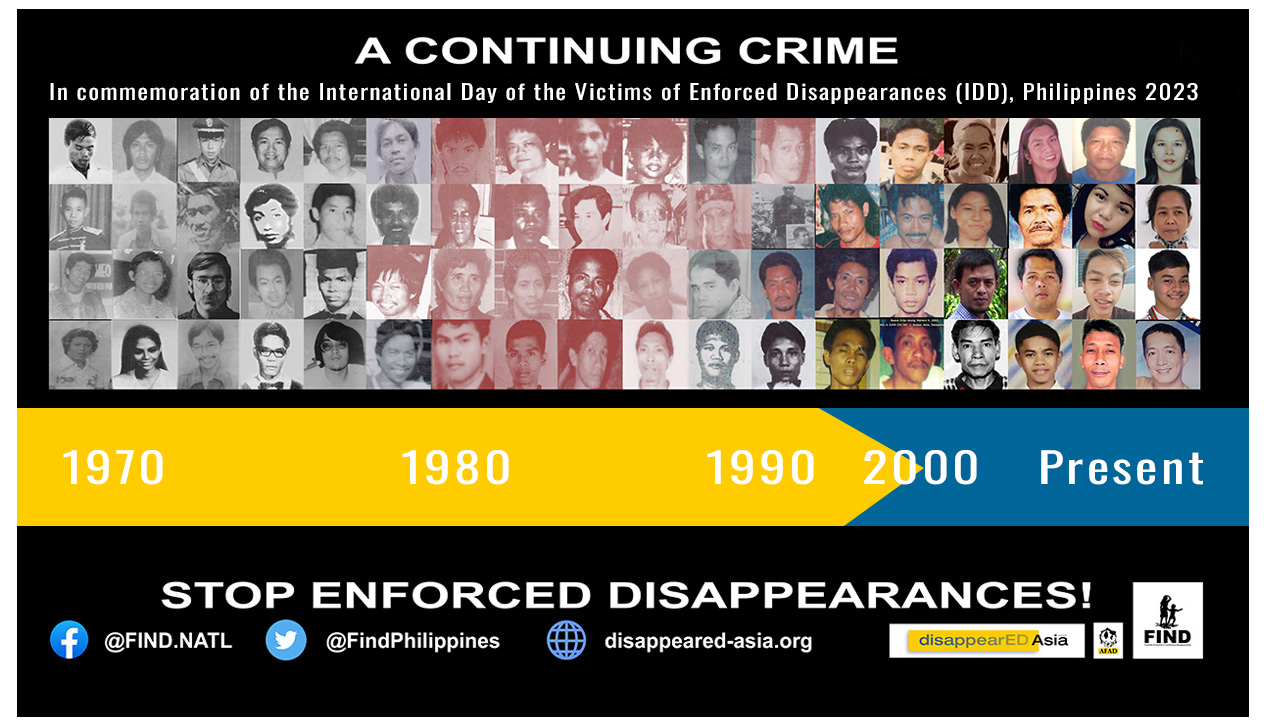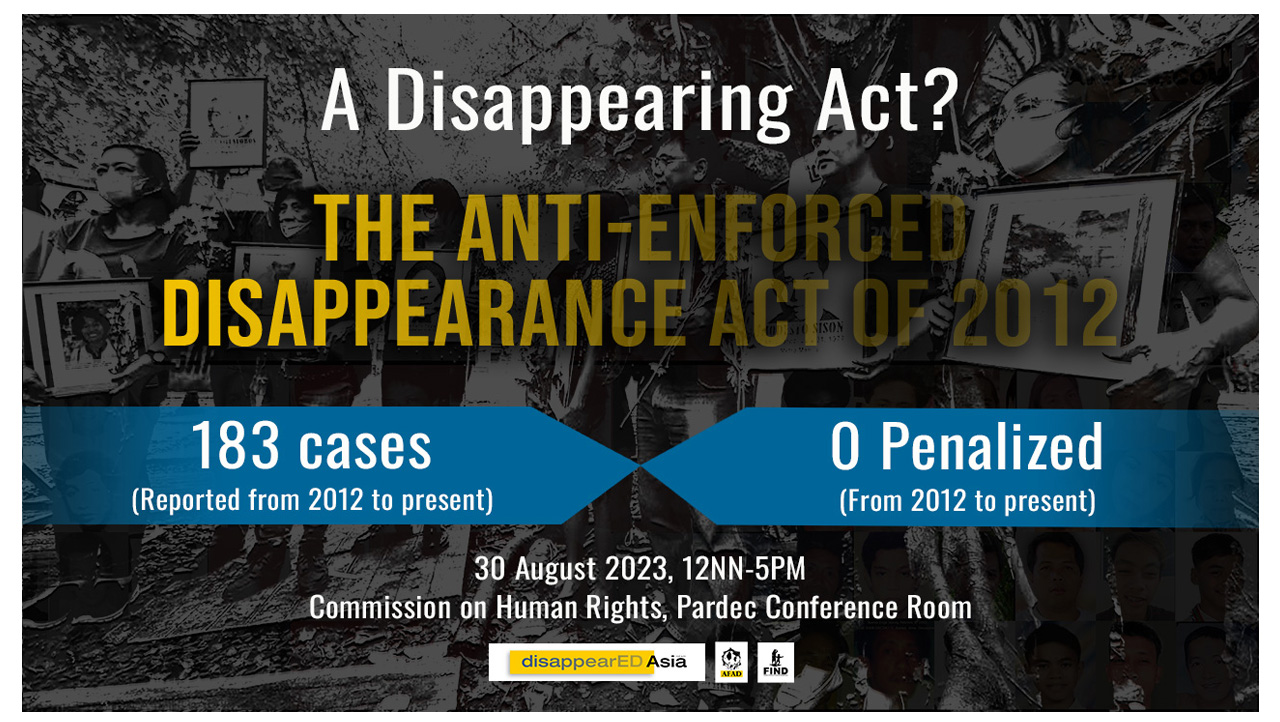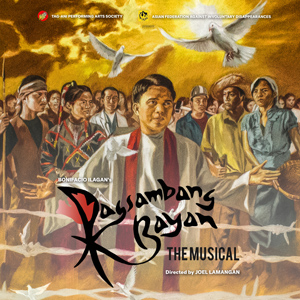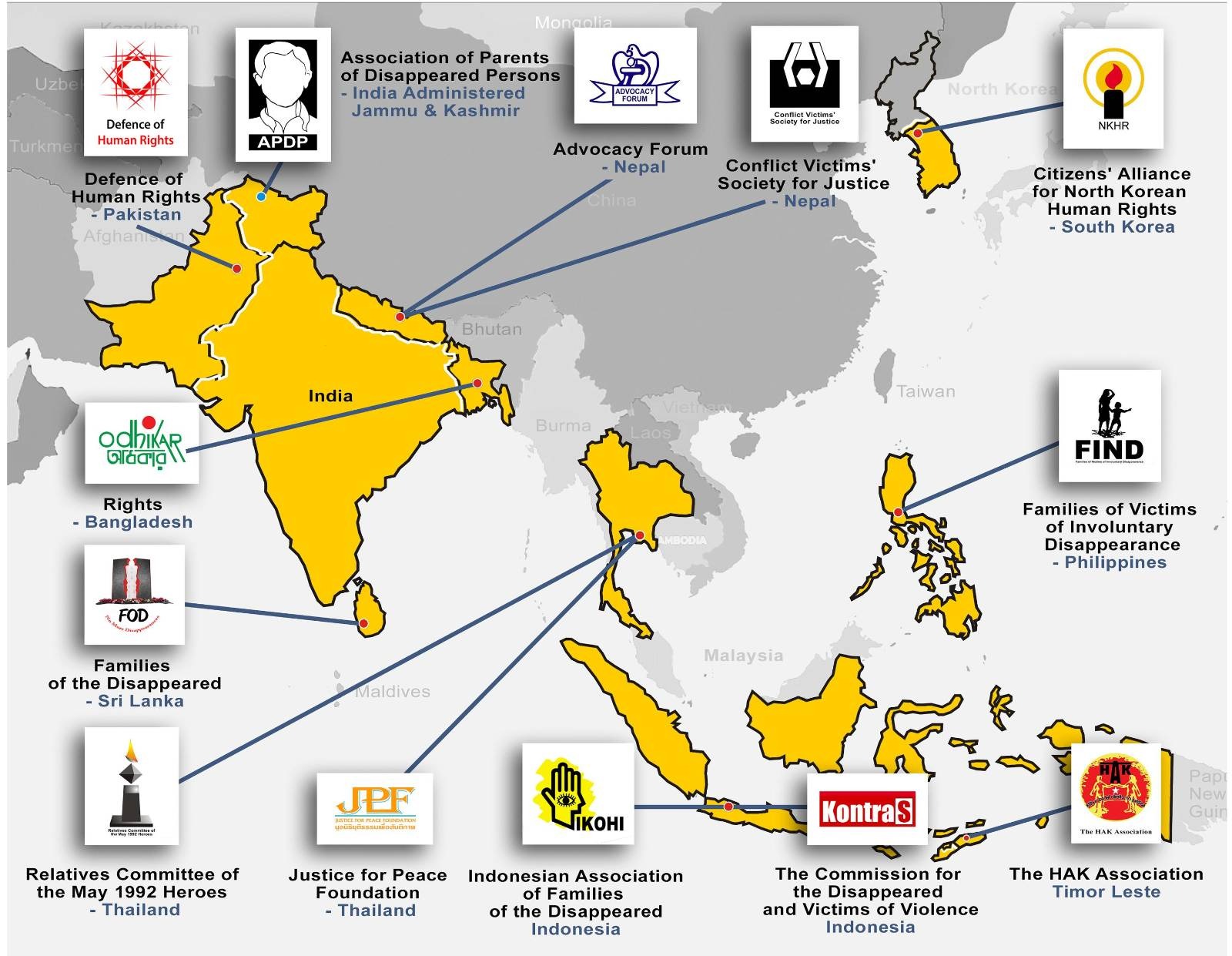What's Happening
Human Rights Monitoring Report
1 – 31 May 2018
Odhikar has, since 1994, been monitoring the human rights situation in Bangladesh in order to promote and protect civil, political, economic, social and cultural rights of Bangladeshi citizens and to report on violations and defend the victims. Odhikar does not believe that the human rights movement merely endeavours to protect the „individual‟ from violations perpetrated by the state; rather, it believes that the movement to establish the rights and dignity of every individual is part of the struggle to constitute Bangladesh as a democratic state. Odhikar has always been consistent in creating mass awareness of human rights issues using several means, including reporting violations perpetrated by the State and advocacy and campaign to ensure internationally recognised civil and political rights of citizens...
AFAD Commemorates the International Week of the Disappeared, 2018
May 27-31, 2018 - The Asian Federation Against Involuntary Disappearances commemorates the International Week of the Disappeared and expresses solidarity with the families whose loved ones have been forcibly disappeared.
His Excellency Mr. Zei’d Al-Ra’ad Al Hussein
25th May 2018
His Excellency Mr. Zei’d Al-Ra’ad Al Hussein
United Nations High Commissioner for Human Rights
Office of the High Commissioner for Human Rights (OHCHR)
Palais des Wilson
52 Rue des Pâquis
CH-1201 Geneva
SWITZERLAND
His Excellency the High Commissioner for Human Rights,
The Asian Federation Against Involuntary Disappearances (AFAD) is a federation of human rights organizations working directly on the issue of involuntary disappearances in Asia. Envisioning a world without desaparecidos, the Federation was founded on June 4, 1998 in Manila, Philippines.

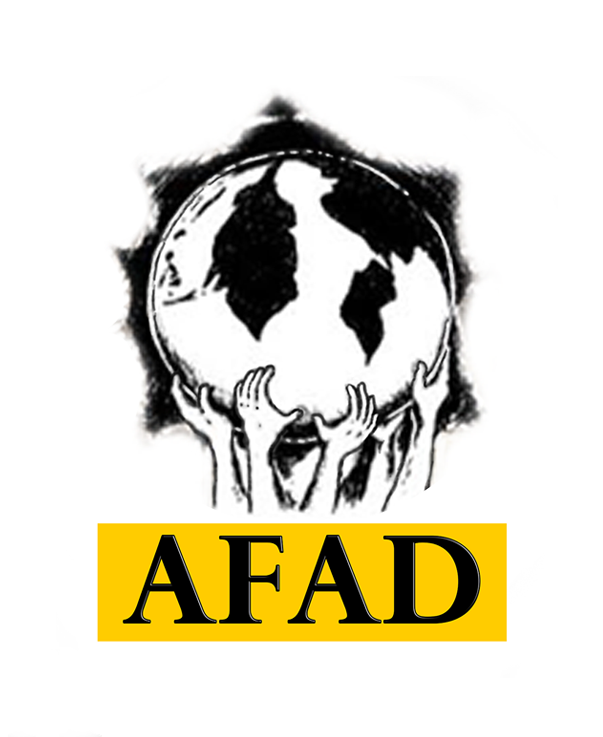 Asian Federation Against
Asian Federation Against 